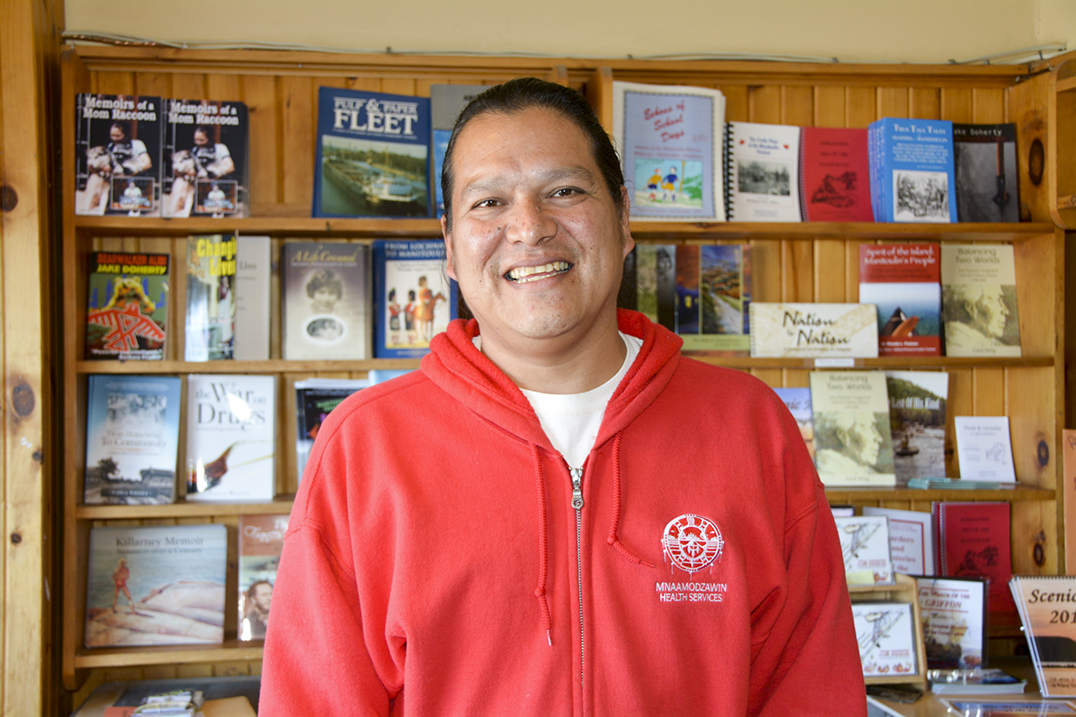This Remembrance Day, one of the most important and significant days of every calendar year, it is significant for veterans that most of them hope they are embarking on a new relationship with the federal government, through the Department of Veterans’ Affairs, following the October 19 election of the Liberals to power.
The optics are good with the naming of Kent Hehr, himself a disabled man, the innocent victim of a drive-by shooting in his native Calgary, as Minister of Veterans’ Affairs.
The new minister will be able to relate readily to veterans disabled in body and in spirit by the ravages of conflict and so, precisely a week prior to the Remembrance Day ceremonies, his elevation to this key ministry was an appropriate signal to those who have served. One disabled Manitoulin Island veteran with whom this paper spoke during this past week remarked on a noticeable change of tone among the civil servants in the Department of Veterans’ Affairs with whom he has dealt under the former Conservative administration and, now, under the Liberals.
This would match well with the Liberals campaign commitment to restore all of the veterans’ services offices closed by the Conservatives, a decision that caused much furor among veterans, especially those disabled by conflict. (The only one presently remaining for all of Northeastern Ontario is in North Bay.) The Liberals also promised to reconsider lifetime pensions for disabled veterans couched in the ironically-named Veterans’ Charter of 2006 which was, in fairness, amended in 2011 to address concerns veterans, their families and other advocates had been directing to the previous government and which did give those disabled by war the choice between a one-time lump sum or an annual pension.
The new government also promised during the campaign period to increase the number of veterans’ support workers nationally by 400 so that no such workers would have a caseload greater than 30 veterans.
On Remembrance Day 2015, this all sounds like good news for veterans suffering both visible and unseen emotional wounds, like post traumatic stress disorder (PTSD), that can interfere with a former warrior’s abilities to reintegrate into civilian society, earn a living commensurate with his or her skills, experience and education and also to make contributions to his or her community as a civilian just as the same person did for their country as a serving member of the Canadian Armed Forces.
This relationship between the people of Canada, through the national government of the day, and veterans, in particular those who enlisted and were in any way permanently injured in the course of carrying out their assigned duties, has long been considered a sacred trust; a special relationship. It is difficult not to imagine that those people who sign up for the military life and all of the dangers that such a career decision implies do so with the notion that should they be injured in ways that impair their abilities permanently, that this sacred trust/special relationship will see them through the rest of their lives.
What is most disturbing about this implicit understanding is the fact that while 158 members of our armed forces died in active duty during the 13 years Canada was involved in Afghanistan, a further 160 members, or former members, of the armed forces took their own lives during the same period.
This last number is an indication of the increased need for support for a group of people who, from the moment they take the Queen’s shilling and don a uniform they face a realm of hazards the likes of which most civilians cannot imagine.
The relationship between our country, as represented by the federal government and specifically now by the department for which the Hon. Kent Hehr now has responsibility, is indeed, a special one, a sacred trust.
Lest we forget.




